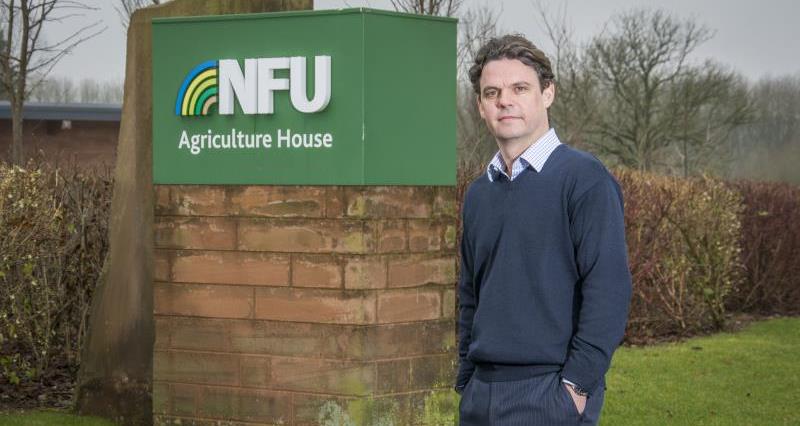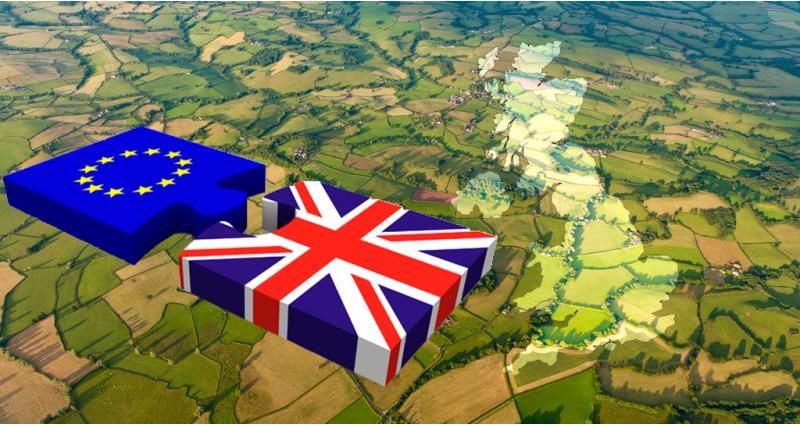The UK government has published what is widely described as a 'backstop' customs arrangement between the UK and EU. The proposal is that in the circumstances in which the backstop is agreed to apply, to satisfy the government’s commitments in relation to the Good Friday Agreement and avoiding a hard border between Ireland and Northern Ireland, a temporary customs arrangement should exist between the UK and the EU.
This arrangement would see;
- The elimination of tariffs, quotas, rules of origin and customs processes including declarations on all UK-EU trade;
- The UK outside the scope of the Common Commercial Policy (CCP), except where it is required to enable the temporary customs arrangement to function. This will mean applying the EU’s common external tariff (CET) at the UK’s external border, alongside the Union Customs Code (UCC) and such other parts of the Common Commercial Policy that are required to enable the temporary customs arrangement to function; and
- The UK able to negotiate, sign and ratify free trade agreements (FTAs) with rest of world partners and implement those elements that do not affect the functioning of the temporary customs arrangement.
NFU response:
Nick von Westenholz (pictured below), Director of EU Exit and International Trade, said: “A trade deal between the EU and UK that supports the current high levels of trade in agri-food products should be a priority. To this end we believe it makes sense for the UK to be part of a customs union with the EU during the transition.

"After that time the priority should remain an arrangement that allows tariff free trade and avoidance of non-tariff barriers between the two blocs, whether through continued membership of a customs union or through other customs arrangements.
"We believe that agreeing a “backstop” early in the negotiating process is sensible to ensure that in the unfortunate situation a deal isn’t reached between the EU and UK that delivers free and frictionless trade, or the technological solutions required to implement “frictionless trade” are not ready by 1st January 2021, that the critical EU/UK trade in perishable agri-food products is not disrupted.
"A solution on customs is only one part of the commitment required to free and frictionless trade, an agreement on the approach on regulatory standards will also be required. The NFU believes that in the future UK regulations do not diverge from those of our key trading partners in a way that makes frictionless trade impossible or reduces the competitiveness of the UK food supply sector.
"Industry and government should work together to identify those areas of regulation that can be reformed without jeopardising our objectives on trade and that respect the high standards the British public expect of the food they consume.”
